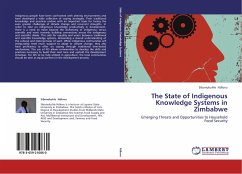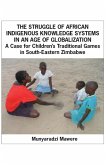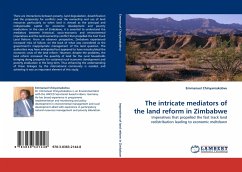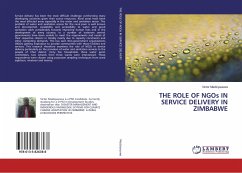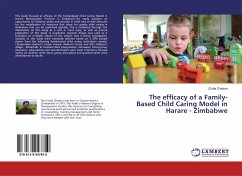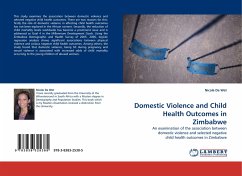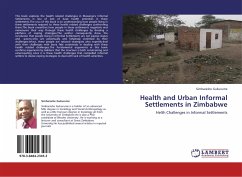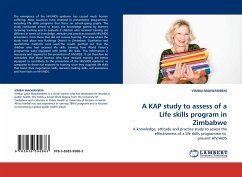Indigenous people have been confronted with altering environments and have developed a wide collection of coping strategies. Their traditional knowledge and practices endow with an important basis for facing the even greater challenges of climate change and recurrent droughts. In order to take on indigenous knowledge productively in development, there is a need to move beyond the dichotomy of indigenous versus scientific and work towards building connections across the indigenous and scientific divide. This calls for equality and union between traditional and scientific knowledge systems, demanding a shared understanding of the cultural and material basis of each. While indigenous communities will indisputably need much support to adapt to climate change, they also have proficiency to offer on coping through traditional time-tested mechanisms. The use of IKS allows communities to develop the skills and practices necessary to build their own lane and uphold the development initiatives. For IKS to be fully utilized in agriculture, the local communities should be seen as equal partners in the development process.
Bitte wählen Sie Ihr Anliegen aus.
Rechnungen
Retourenschein anfordern
Bestellstatus
Storno

